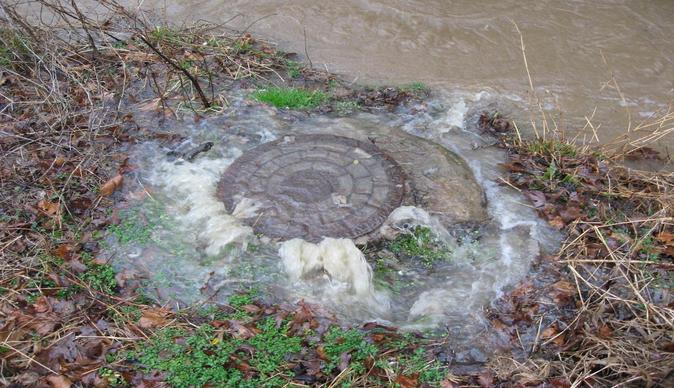Sewer bursts and water shortages are making life difficult for informal traders operating in Pumula North and Emakhandeni suburbs in Bulawayo.
This came out in an engagement meeting held by the Vendors Initiative for Social and Economic Transformation (VISET) on Friday.
The programs seek to bring together informal traders to speak about the challenges that they are facing when trading in different communities and wards following the decentralization of the marketplaces by the local authority.
Speaking during the meeting, one vendor, Talent Mpofu said the sewer bursts chase their customers away.
“We have a burst sewer challenge; at times you will be selling the fruits and vegetables with the burst sewer flowing by your side and that becomes unhealthy for our customers,” said Mpofu.
Another vendor, Monalisa said each time the city council attends to the sewer bursts the problem recurs after a few days.
Responding to the sewer issue, Ward 17 Councilor, Sikhululekile Moyo who was also part of the meeting urged the informal traders to also alert her when there are sewer bursts.
“When there is a sewer burst, if they report, Council fixes, if only they can tell me the address so that I know the exact point because the Municipality has made a follow up with most sewer burst challenges,” said Cllr Moyo.
“Maybe it can be a challenge affecting them at this particular moment, the truth is that sewer bursts were really a challenge but at the moment Council has tried to make follow ups to ensure that they get fixed,” she said.
Meanwhile, informal traders operating in ward 11, Emakhandeni highlighted the shortage of boreholes in their area as the major challenge affecting their vending businesses.
“When there is water-shedding, as vendors we face a challenge because we don’t have boreholes in our area unless we collect the water at a nearby school, but we have to go there around 1pm when learners have knocked off and this affects our business,” she said.
VISET programs manager, Gillian Chinzete said the meeting was part of an information-gathering exercise to understand the challenges faced by informal traders.
“We are just gathering information on the challenges they are facing either social, economic or political issues. Post the listening period we are going to commission community surveys where we really want to gather evidence, for us it’s a priority that we do evidence-based advocacy where we are then going to gather as much information as possible, taking pictures, doing more interaction and monitoring on communities so that we come up with concrete evidence on the challenges they are facing,” said Chinzete.
She said VISET is also going to analyse the data and disseminate with local stakeholders.
“It is our hope that we are going to engage the local stakeholders so that we hear their insights with issues that the vendors are facing and also hear their side of the story so that as a collective we actually try to come up with solutions that respond to the issues the people are facing in the communities.”

